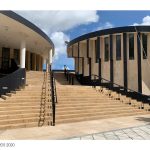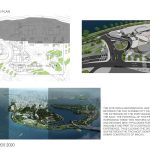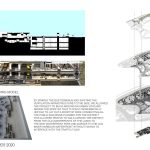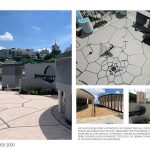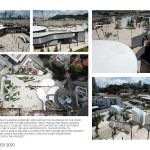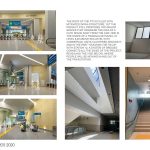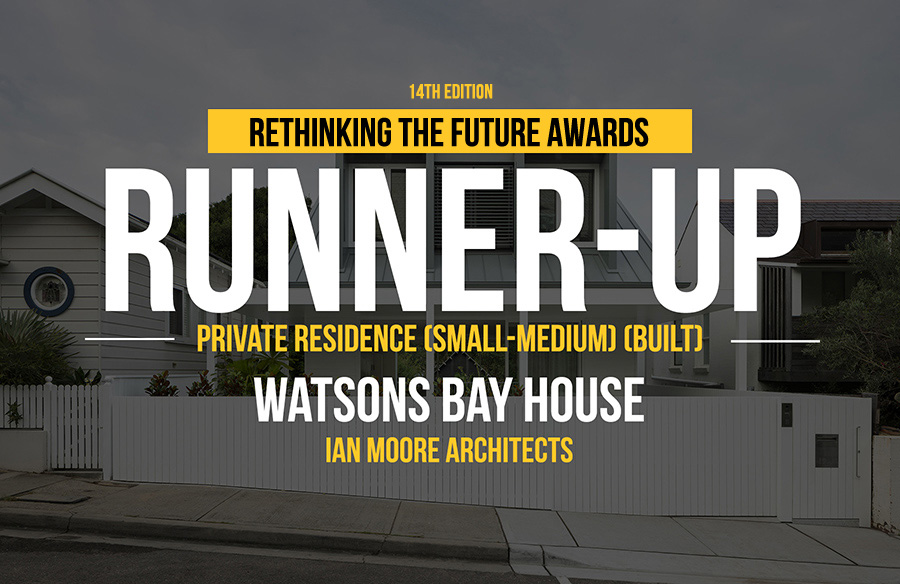The Barra Public Traffic Interchange is an underground station and parking facility for public tourist coach and private cars.
Architecture, Construction & Design Awards 2020
Second Award | Transportation (Concept)
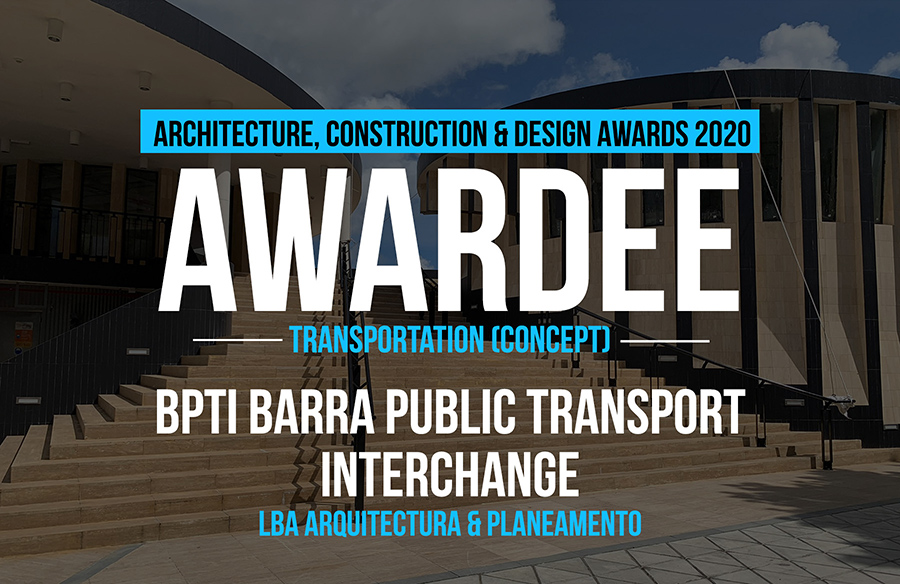
| Project Details | |
| Project Name: | BPTI – Barra Public Traffic Interchange |
| Studio Name: | LBA Architecture & Planning |
| Design Team: | Rui Miguel Rebelo Leão, Francesca Carlotta Bruni, Arka Biswas, Hugo Coelho, Nuno Assis |
| Area: | Land area – 35.957 m² / Building area – 43.174 m² |
| Year: | 2019 |
| Location: | Avenida Panoramica do Lago Sai Van, Macau, China |
| Consultants: | PB Parsons Brinckerhoff (WSP) |
| Photography Credits: | Arka Biswas |
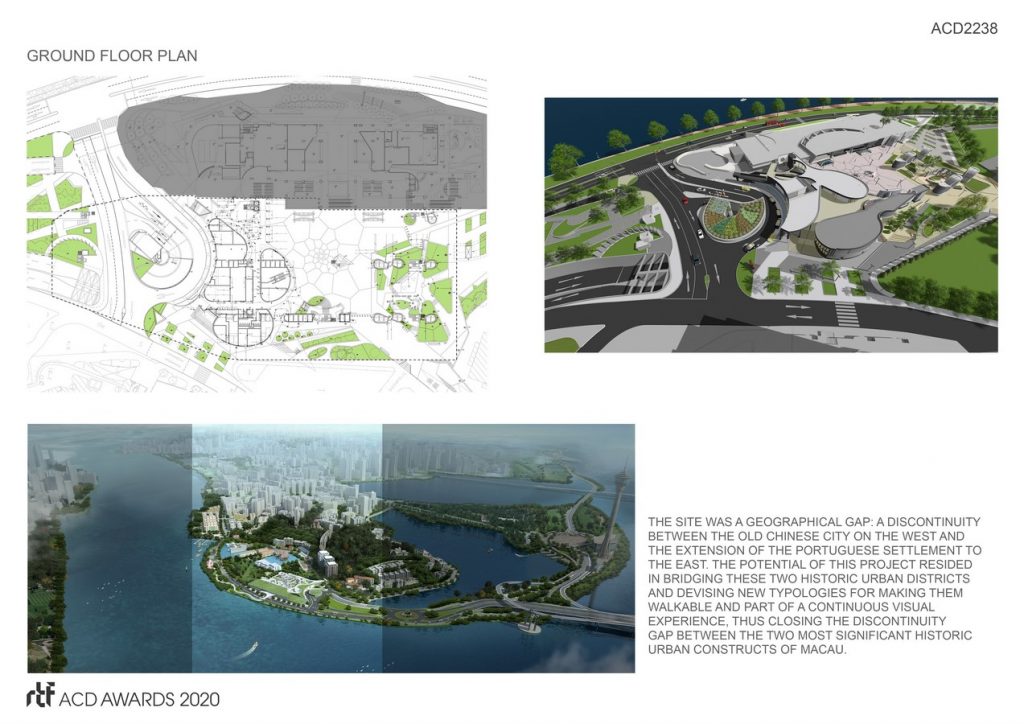
©Arka Biswas
It is located in Macau in the Barra district. The intervention area is 35.957 m² and it extends from the Sai Van Lake corner in front of the S.Tiago Fortress to the D. Carlos dockyard.
The building is formed by three basements floors and two over ground floors organized in a double deck public space. The 2 underground levels of public bus terminus are at grade with LRT Station 12 platforms. The Barra PTI project is articulated with the LRT Station to optimize the transfer between Train, Bus, Taxis and private car, and provide an easy, seamless experience of the Ma Kok and inner Harbour Historical District.
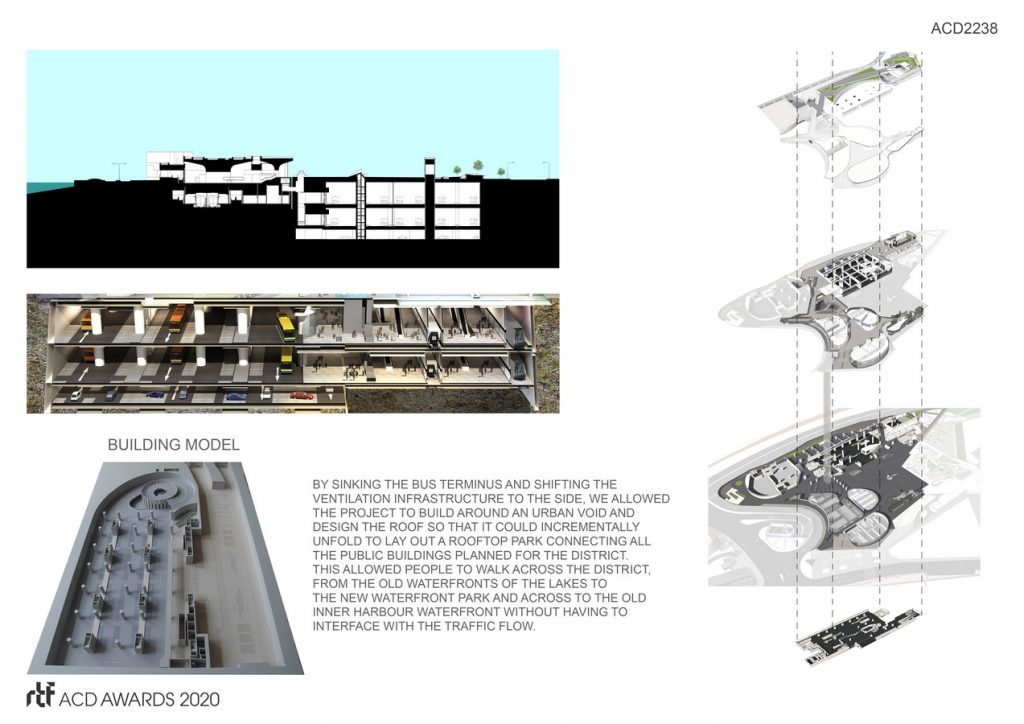
©Arka Biswas
The green roof of the PTI creates an elevated public space, with the concept of a suspended natural landscape, and offering a commercial zone with many services, inviting to leisure.
Our focus centered on advocating for the different agendas that would allow the emptying-up of the core of the site and creating an outreaching pedestrian network. By sinking the bus terminus and shifting the ventilation infrastructure to the side, we allowed the project to build around an urban void and design the roof so that it could incrementally unfold to lay out a rooftop park connecting all the public buildings planned for the district, including a border crossing building to mainland China, the Maritime Museum, and Station 12.
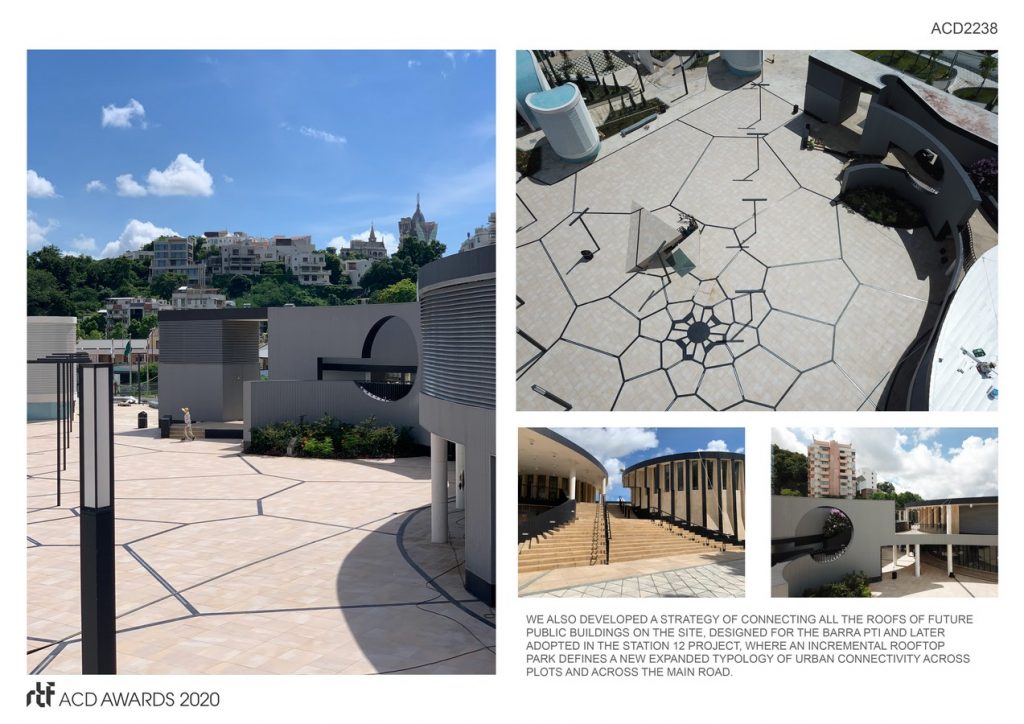
©Arka Biswas
This allowed people to walk across the district, from the old waterfronts of the lakes to the new waterfront park and across to the old inner harbour waterfront, without having to interface with the traffic flow.
- ©Arka Biswas
- ©Arka Biswas
- ©Arka Biswas
